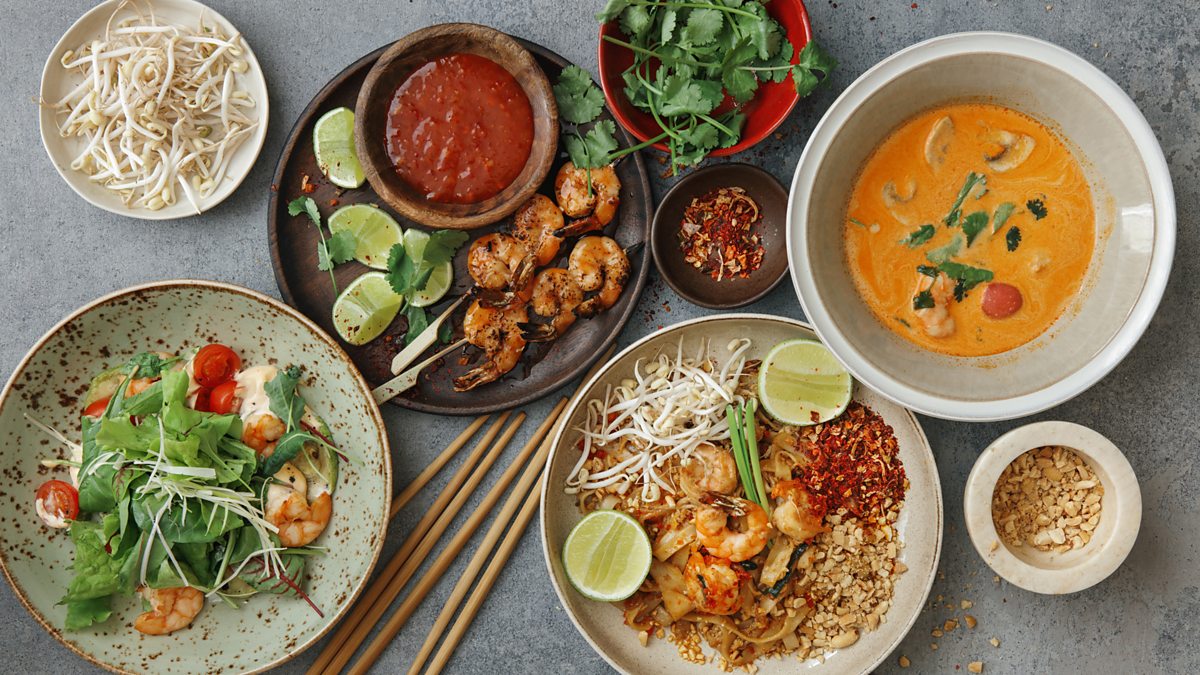
Flavor Profile
Flavor Profile
Thai cuisine is renowned for its harmonious balance of flavors, combining sweet, sour, salty, and spicy elements in a single dish. It’s this perfect equilibrium that makes Thai food an exquisite sensory experience.
Essential Ingredients
Key ingredients in Thai cooking include lemongrass, galangal, kaffir lime leaves, Thai basil, and coconut milk. The use of fresh herbs, aromatic spices, and condiments like fish sauce and shrimp paste contribute to the complexity of Thai dishes.
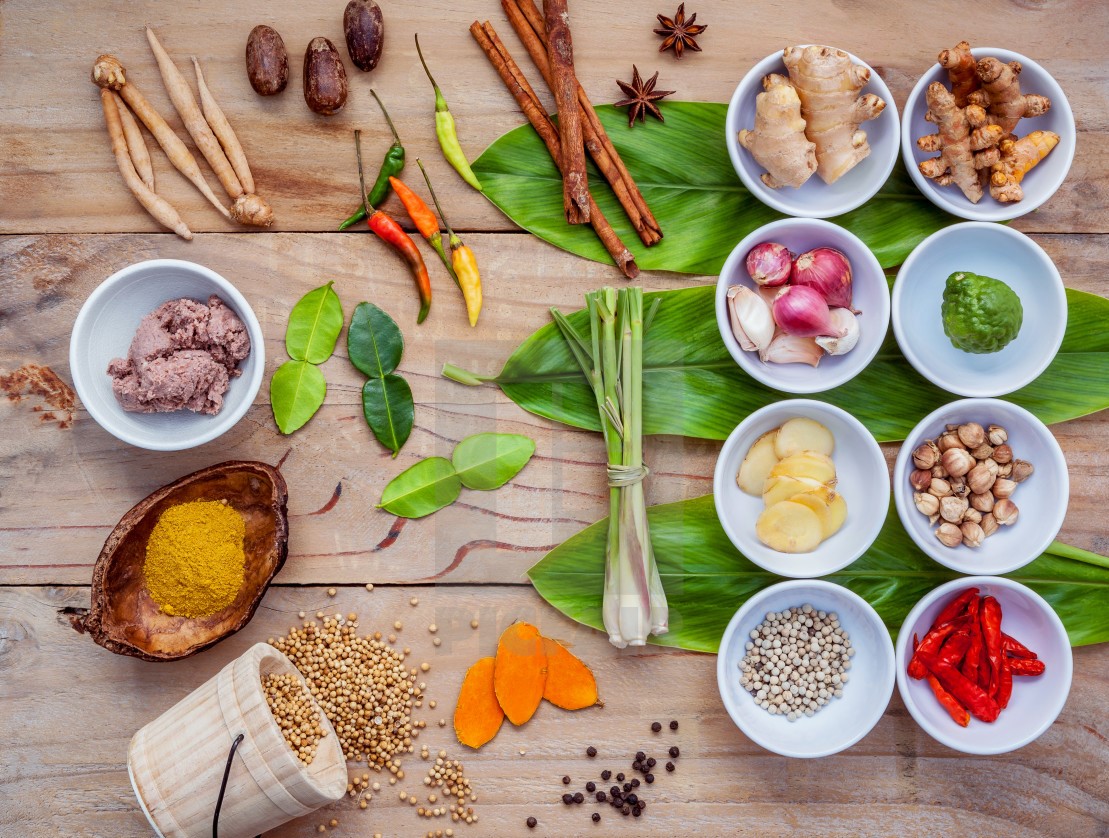
Essential Ingredients
Regional Diversity
Thailand’s diverse regions each bring their own unique culinary traditions. The spicy curries of the south, the fiery dishes of the northeast, and the flavorful stir-fries of central Thailand all showcase the country’s culinary diversity.
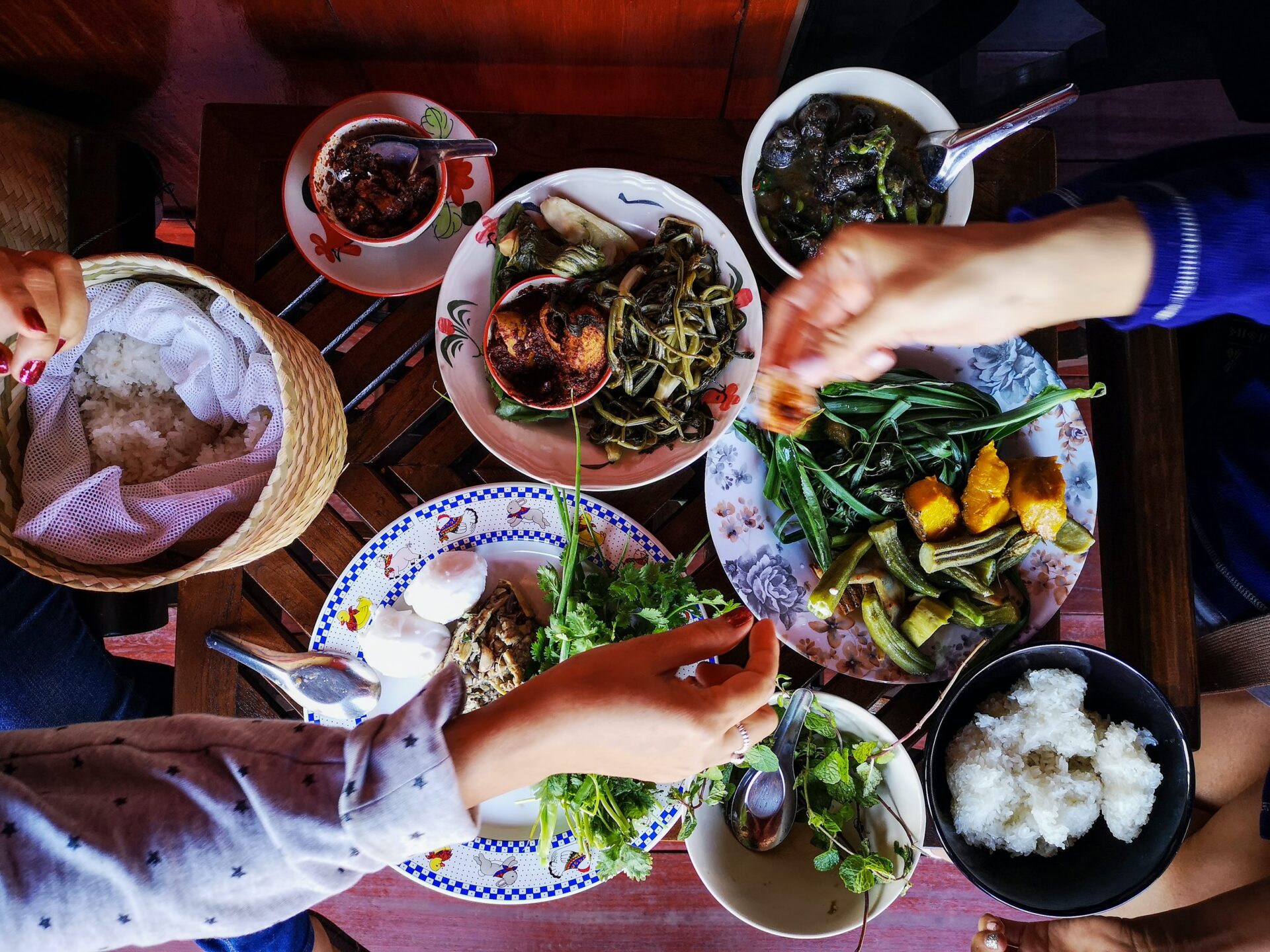
Regional Diversity
Iconic Dishes
Thai cuisine offers a wide array of iconic dishes. Pad Thai, a stir-fried noodle dish, is internationally recognized. Green, red, and yellow curries feature a mix of meat, vegetables, and aromatic curry paste. Tom Yum Goong, a spicy shrimp soup, is famous for its bold flavors.
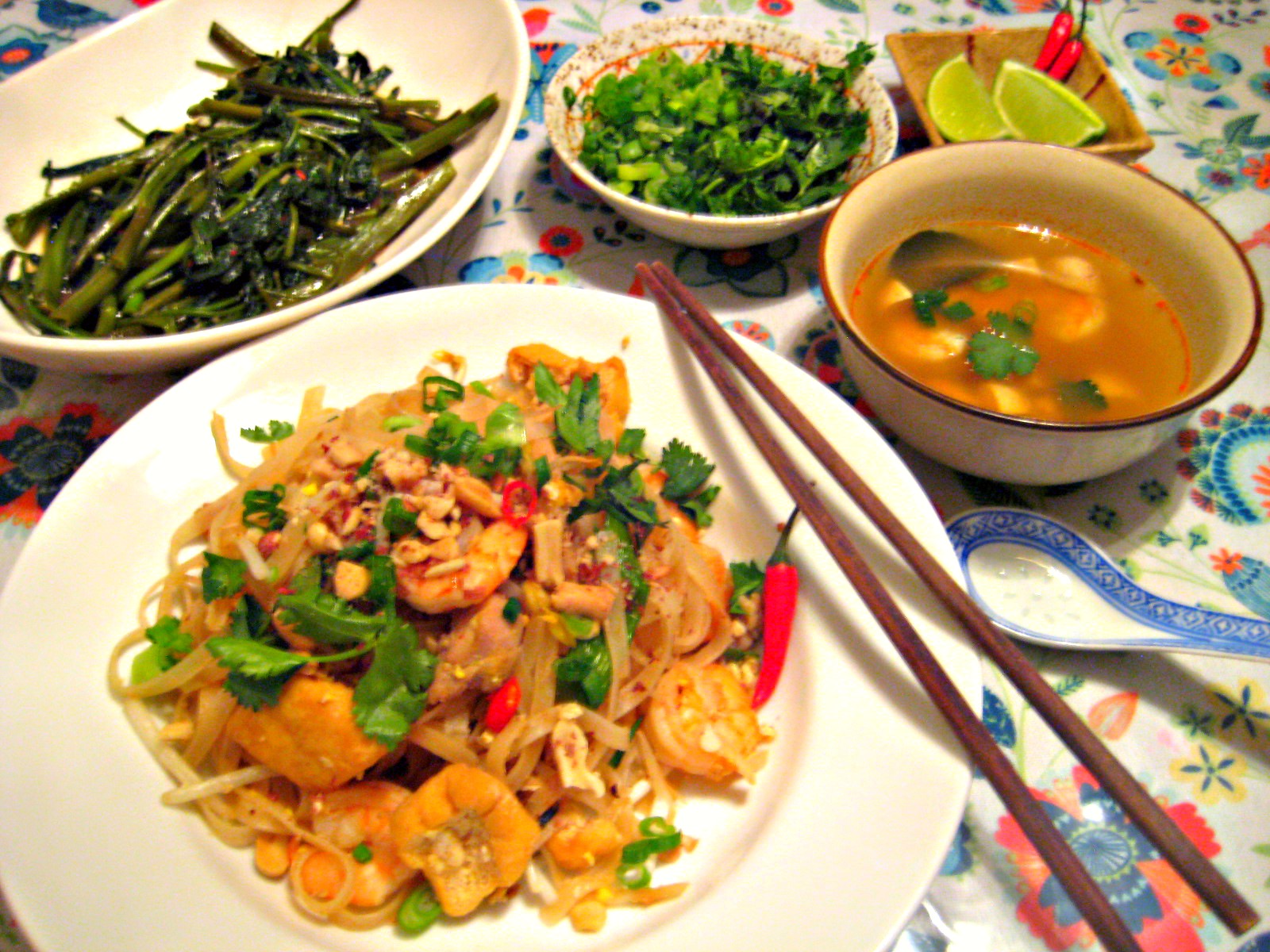
Pad Thai
Street Food Culture
Thailand’s street food culture is an integral part of the culinary landscape. In bustling markets and on street corners, you’ll find a plethora of mouthwatering options, from satay skewers to mango with sticky rice.
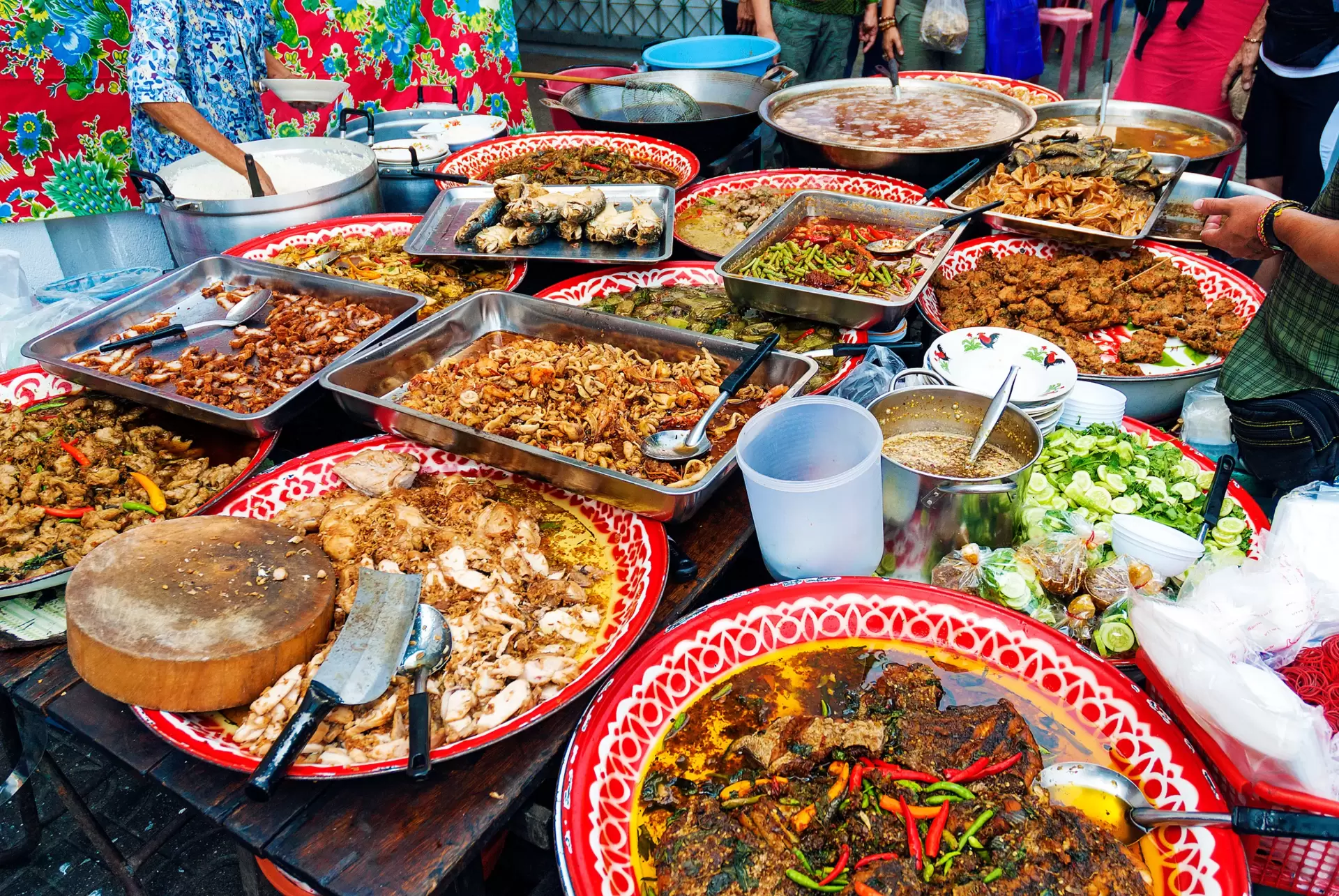
Street Food Culture
Dining Etiquette
Thai dining culture emphasizes the sharing of dishes, with a variety of flavors and textures on the table. Using a fork and spoon is the common practice, and traditional Thai meals often include rice as a staple.
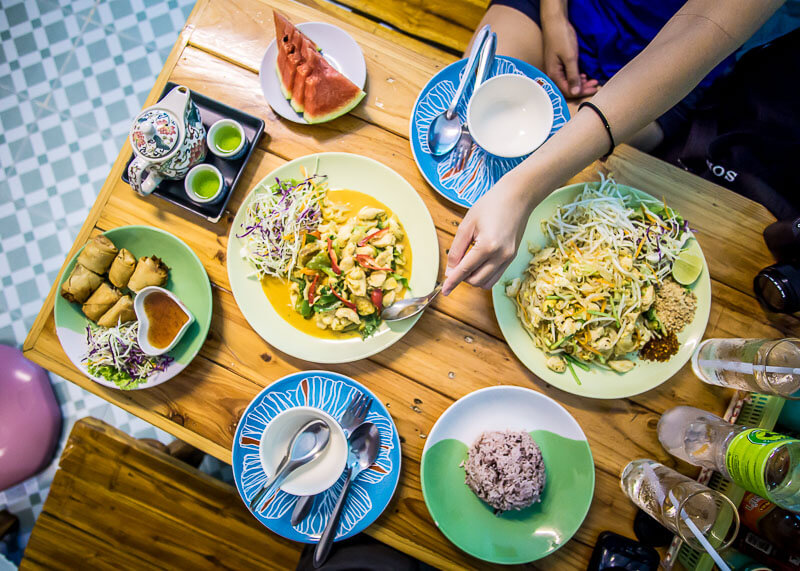
Dining Etiquette








